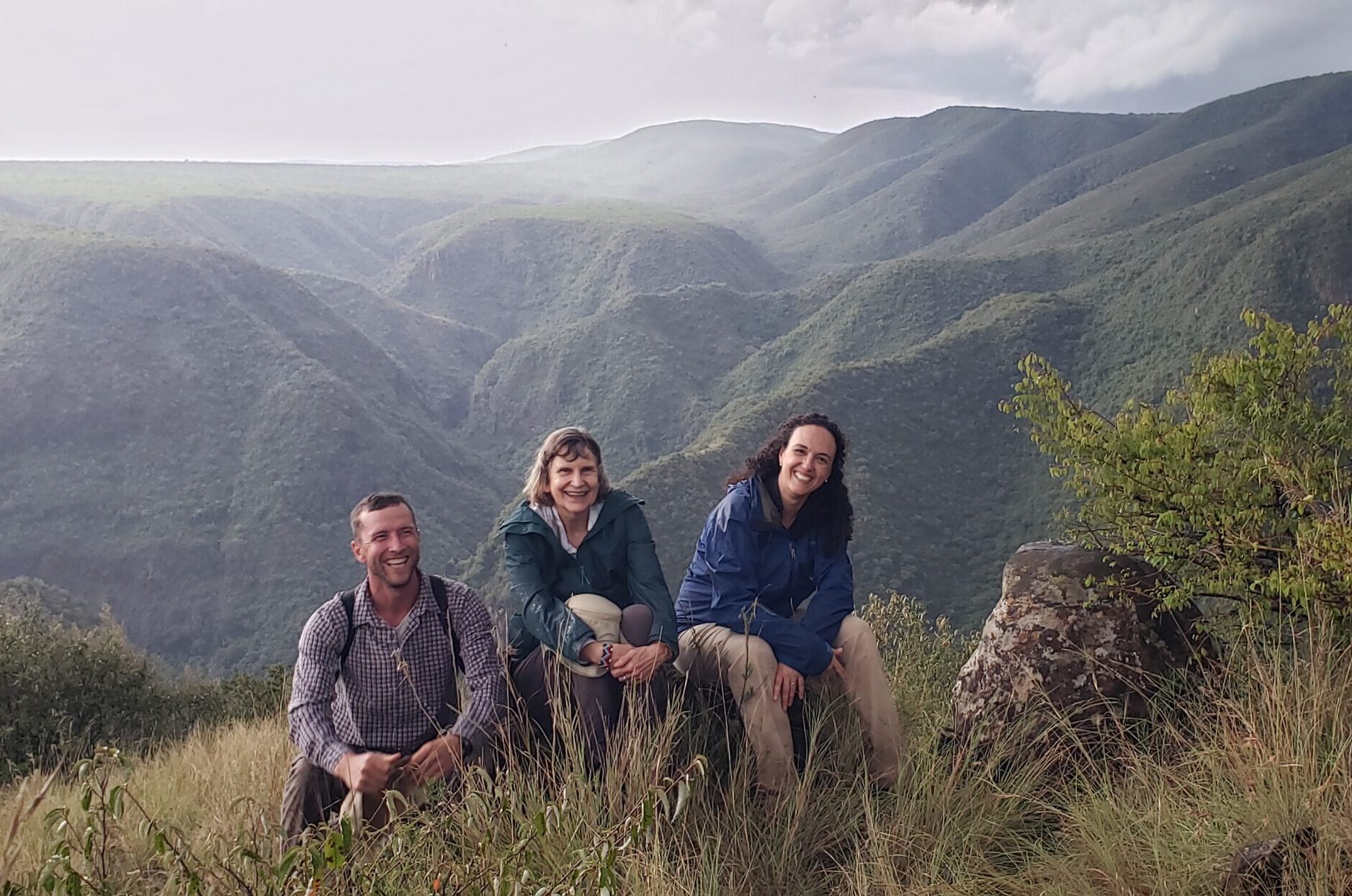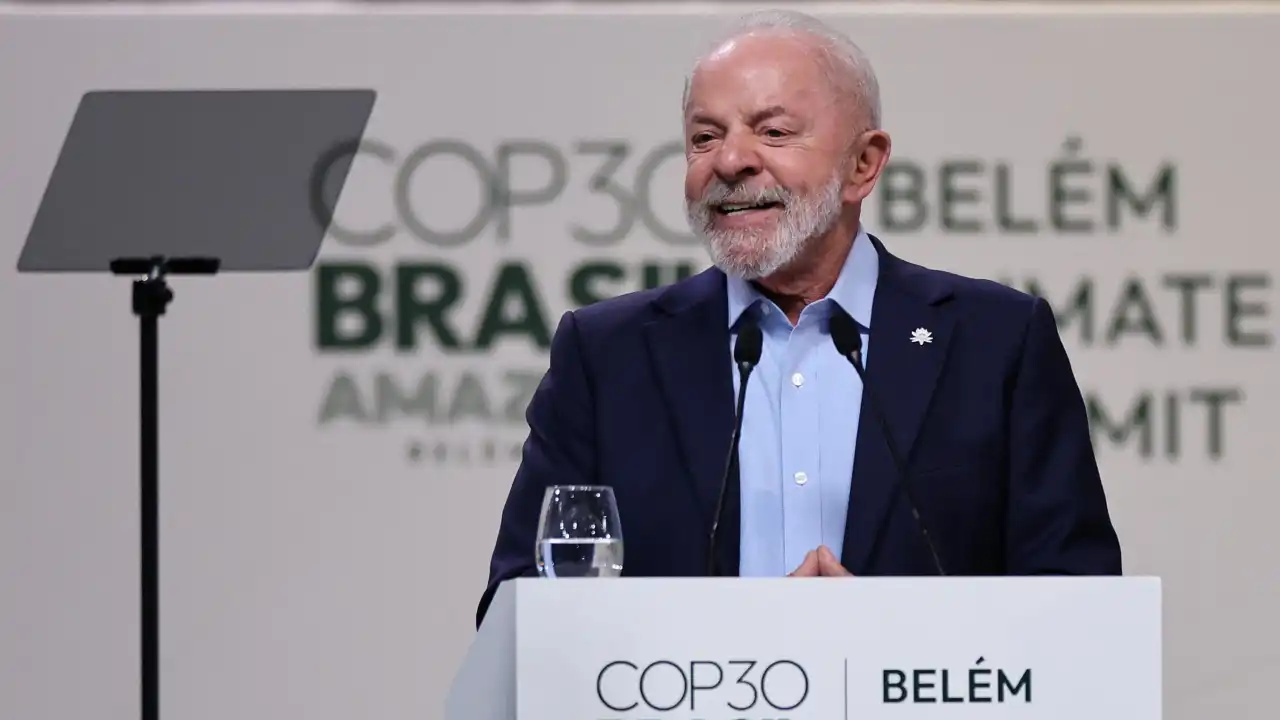For Immediate Release
Chester, Nova Scotia / unceded Mi’kmaq territory — For 18 years, the International Conservation Fund of Canada (ICFC) has enabled Canadians to play a meaningful role in global conservation — investing over $76 million, protecting 17 million hectares, and supporting more than 70 projects across 37 countries.
Today, that legacy continues under a new operating name: Biome Conservation. The rebrand marks the next chapter: scaling up direct conservation action with local and Indigenous field partners to safeguard the world’s richest and most threatened ecosystems. Biome’s partnership-driven model utilizes local expertise and capacity, which the organization believes brings the best long-term results for species, landscapes, and the communities that depend on them.
“A Biome represents the interconnectedness of ecosystems around the world,” said Ana Mandri, Executive Director of Biome Conservation. “We chose this name to move beyond the perception of being just a fund. It reflects the scale of our work, our partnerships on the ground, and our broad base of support, which extends beyond Canada.”
International conservation directly benefits Canadians. Protecting tropical forests abroad helps stabilize the climate worldwide, safeguards vital non-breeding habitat for migratory birds, including the millions of shorebirds that breed in the Canadian arctic, and sustains ocean systems that support coastal livelihoods. Through Biome Conservation, Canadians are investing in solutions that benefit nature and people — both globally and at home.
“We started ICFC in 2007 to provide a way for Canadians to do our part internationally in countering global biodiversity loss,” said Anne Lambert, Founding Director. “With the name Biome, we can better represent the heart of our mission, reach more people, and make it accessible for supporters to fund conservation around the globe.”
Biome Conservation attributes much of its success to its long-term partnerships with local and Indigenous-led organizations.
In Brazil, Biome has played a central role in helping the Kayapo protect their Indigenous Territories that span 9 million hectares of the Brazilian Amazon. The Kayapo Project was pioneered by the Canadian tropical ecologist and Biome staff member Barbara Zimmerman, PhD, O.C.,.
The Mali Elephant Project mobilized pastoral communities in Mali’s Gourma region to protect habitats and water resources needed by elephants and people alike. This project, which had striking security benefits in a region beset by insurgencies by militant groups, has gone on to receive support from European Union and the Global Environment Facility.
In Asia, Biome is proud to have helped a new organization get started where one was badly needed: in the Indonesian side of the island of New Guinea. This project is conserving Papua’s forests and endemic species, establishing reforestation programs, learning centers, and local training initiatives. These partnerships reflect Biome’s model: supporting field experts, building trust, and focusing on lasting, measurable conservation impact.
Biome Conservation and its field partners have been recognized for their outstanding impact. Highlights include the 2017 UN Equator Prize for the Mali Elephant Project, the National Geographic Society’s Marine Protection Prize for work in Cambodia, the Mission Blue “Hope Spot” designation, and multiple awards to project personnel, including Disney Conservation Hero Awards, the Whitley Awards, and the Indianapolis Prize. Nationally, Biome has earned a five-star rating from Charity Intelligence Canada and the 2020 Nature Inspiration Award from the Canadian Museum of Nature, cementing its reputation as a leading Canadian conservation charity
As ICFC, the organization was focused on its work and was content to grow organically as more and more people discovered it. Now, as Biome Conservation, the organization is making a bid to rapidly scale. Its staff emphasize that they could readily scale up their programs with additional support. Since the organization’s administrative and fundraising costs are covered long term by a core group of committed donors, 100% donations from others are applied to programs.”.
“How much tropical nature will remain in one hundred years?”, asks Biome Board Chair, tropical ecologist, and author Adrian Forsyth. “It depends on us”
About Biome Conservation:
Biome Conservation — the operating name of the International Conservation Fund of Canada — is a Canadian charity supporting international conservation through long-term partnerships with local and Indigenous organizations. Across Latin America, Africa, and Asia, Biome helps safeguard ecosystems and species, from migratory birds to tropical forests and endangered wildlife. Learn more at biomeconservation.org.
For more information, interviews, and media, please contact:
Ana Mandri
Executive Director
ana@biomeconservation.org
Phone/WhatsApp: +16135322618



